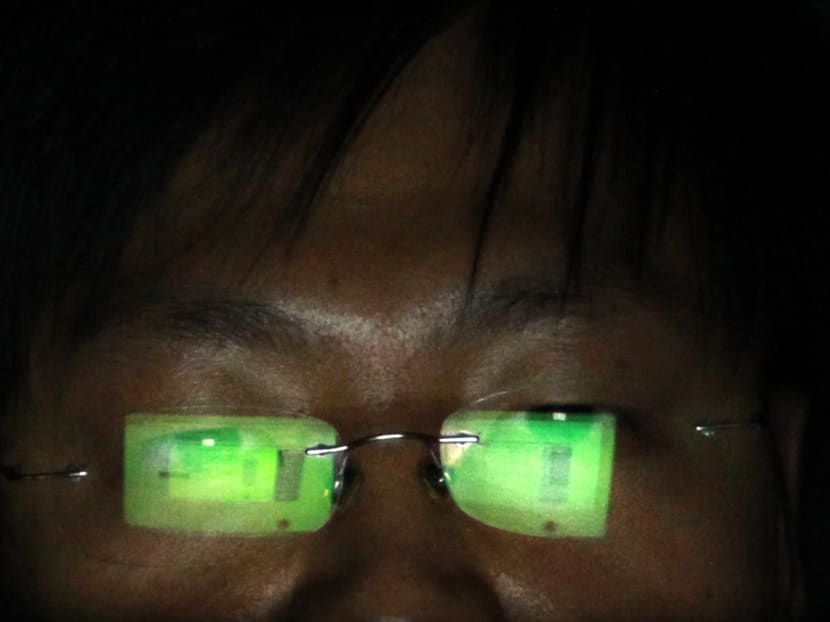Technology has made it easier for people to become radicalised: Vivian
The technologies of the last two decades have “led to a sharpening of radicalism”, said Foreign Affairs Minister Vivian Balakrishnan on Monday (April 11).
SINGAPORE — The technologies of the past two decades have “led to a sharpening of radicalism”, Foreign Affairs Minister Vivian Balakrishnan said on Monday (April 11) .
They have also led to a sharpening of “exclusive identities and a reaffirmation of the temptation to resort to violence, both physical violence or even political violence, as people search and emphasise and reaffirm identities, imagined or real”.
Dr Balakrishnan was speaking at the start of the five-day Asia Pacific Programme for Senior National Security Officers organised by the S Rajaratnam School of International Studies. During the event, Dr Balakrishnan said people are now entering the age of “narrow-casting”, where they stop reading the newspapers or listening to the radio, leading many to “live in a world of fragmented echo chambers”.
“We hear what we want to hear, we ignore what we don’t want to hear, or (the) inconvenient truths,” he said at the gathering of more than 70 national security experts and scholars from more than 25 countries. The scholars and experts are here to discuss ideas and solutions on issues such as national identity, governance and communication, new trends in radicalisation and the future of national security.
Dr Balakrishnan said social media has amplified the reach and “changed the modalities of terrorism” even for “non-state actors”, who have developed sophisticated and sleek marketing techniques and audio-visual materials that “far exceed the abilities of most governments in terms of their ability to capture attention, to persuade, to mobilise, and to incite”.
“They’ve been able to use this to propagate their message, to create echo chambers, to accentuate radical thought, and they’ve been able to create global tribes with a certain worldview, a certain identity in order to pursue certain political objectives,” he said.
He noted that Singapore is not immune to the problem of self-radicalisation among its citizens, and highlighted the challenge of dealing with terror attacks carried out by persons who are “apparently just regular ordinary citizens”.
“These lone wolves will often have an even higher chance of success precisely because they operate without outside assistance; without the data trails that security agencies often depend on to identify persons of interest,” he said.
Dr Balakrishnan believed there is a need to embark on policy reviews — on the right to privacy, the encryption of communication, and the freedom of expression in the fight against terrorism.
“What goes on in cyberspace has real impact on the real world, and the sooner we get to grips with these difficult policy issues, the better,” he said.









